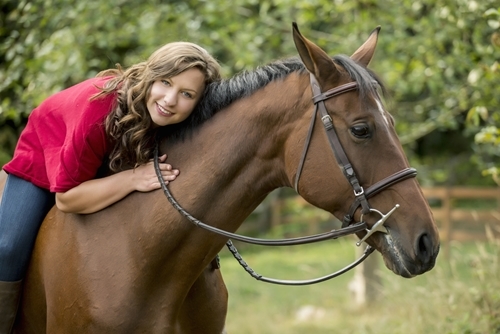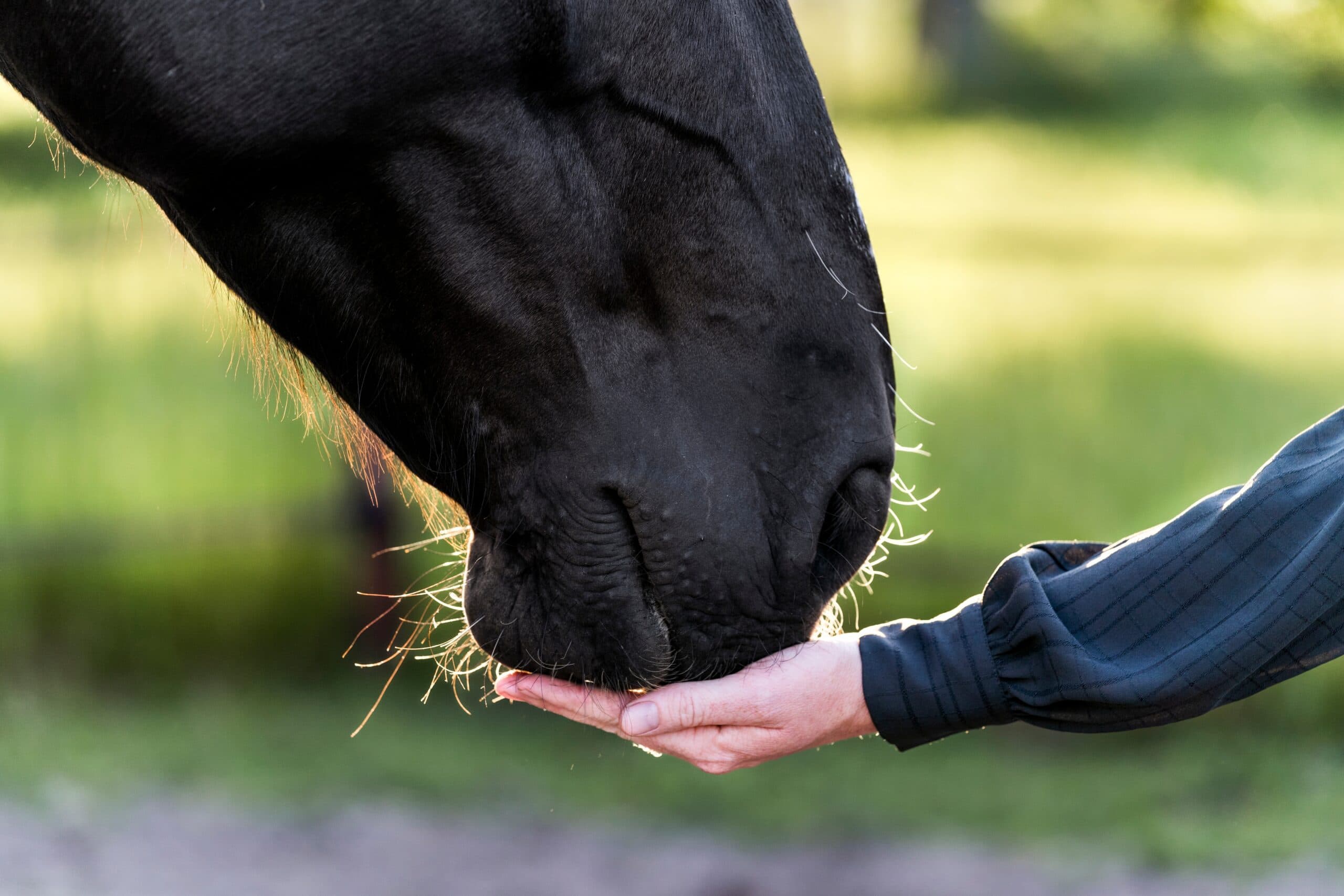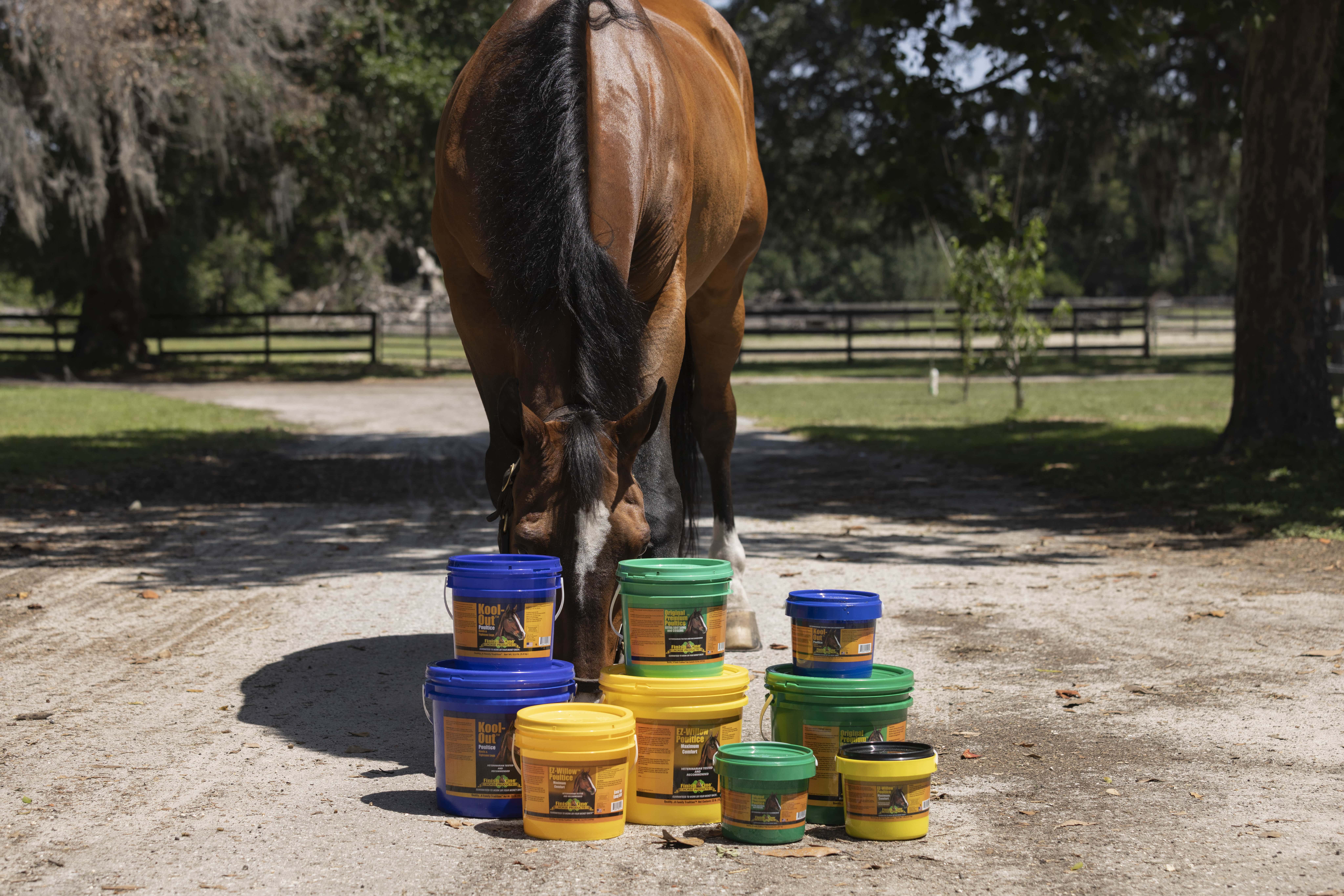For years, horses have been considered one of several beasts of burden, used both in agriculture and as a means of transportation. Yet our reliance on horses goes so much deeper, to the point we often rely on them for emotional support. Case in point, horses are regularly used as therapy animals alongside cats and dogs, helping those with various diseases and disabilities better cope. One such animal is Baybe the miniature horse, who, according to a report by ABC affiliate KSPR-TV, is enriching the lives of people across Missouri.
Little horse, big success
Baybe is one of many animals from the Mini Blessings Farm, an organization run by trainer Jenny Kiest in Thomasville, Missouri. Kiest has been involved in the therapy business on and off for 15 years. She and Baybe, who wears an outfit of specially ordered items from Build-A-Bear, visit group homes, schools and nursing facilities to offer a few basic forms of therapy:
- Rehabilitation: Rather than using walkers, patients at nursing facilities can use the horse to balance. Kiest said that relying on a warm, living creature can often motivate people.
- Speech: According to Kiest, Baybe operates with certain verbal cues. Those with speech problems can practice by feeding Baybe her various prompts. Kiest said she’s had plenty of success working with the elderly, with many previously nonverbal residents actively engaging with Baybe.
- Cognitive development: Baybe also works regularly with autistic children. Kiest said that the horse and the children bond really well together, as Baybe helps draw their focus and demonstrate the importance of communication.
Baybe’s services are in such demand, Kiest said, that she’s working with more trainers and horses in the near future. The hope is to get several teams running throughout greater Missouri. It takes a lot of work – each horse requires six months of training – but Kiest feels fortunate in her role.
“All in all, I get the biggest blessing out of everybody,” she said. “Just being able to go and share their lives and a part of them. We love it.”
Why horses?
People have a certain connection to cats and dogs, as they’ve served as house pets for centuries. So, then, why do horses make such great therapy animals? Speaking to the U.K.’s The Guardian, Gabrielle Gardner, a trainer with the Shine For Life program, said horses are emotional beings, perfectly capable of understanding and reciprocating human affection. Horses are herd animals and are attuned to understanding stress and other emotions. For instance, horses follow those they trust and steer clear of someone they sense as angry.
Gardner went on to explain that everyone has their own reaction to horses, and that most folks either love or fear them. It’s those two emotions, she said, that can discern a person’s issues and their approach to life. Gardner also said that if those who are fearful can overcome those sentiments, then they’re on the path to further self-improvement.
Horse trainer Franklin Levinson, who works frequently with troubled children, mirrored Gardner’s sentiments. He said that a horse’s mere presence is enough to have significant effects on people, and we often feel more centered and focused. In their book “Cutting-Edge Therapies for Autism,” authors Ken Siri and Tony Lyons noted that simply being around horses can alter human brainwave patterns, helping improve overall functionality.
The science of equine-assisted therapy
Cynthia Chandler is a co-funder of the Houston-based Center for Animal-Assisted Therapy. Speaking with Psych Central, she said that she’s observed a few specific means through which animal-centric therapy has helped people:
- Social skill development: Be it children or the elderly, patients learn basic behaviors and approaches that they can then apply for the rest of their lives.
- Proper relationships: Oftentimes, therapy patients learn how to interact by watching how the horse and the trainer get along. This offers them a rough sketch for how other relationships might work.
However, Chandler went on to say that definitive research is still sparse, with the bulk of it occurring since the early 2000s. According to a 2012 study published in the journal Frontiers in Psychology, interacting with animals has profound effects, lowering stress hormones like cortisol and increasing “health-inducing” hormones like oxytocin and dopamine. In fact, it takes just 20 minutes of regular interaction to illicit long-term results. Children were shown to have fewer behavioral problems and there was a noticeable drop in depression for elderly patients with dementia.








